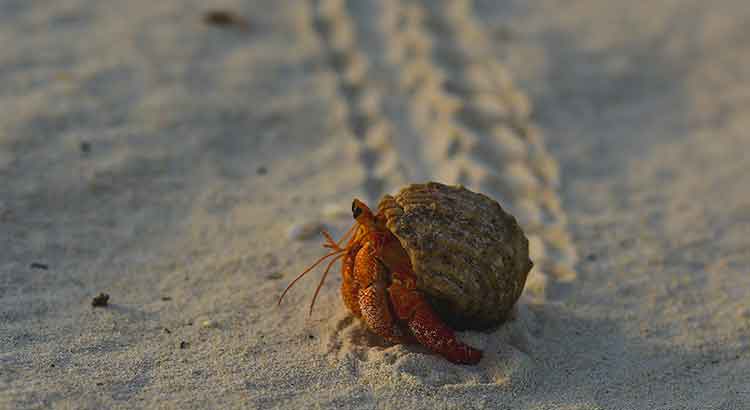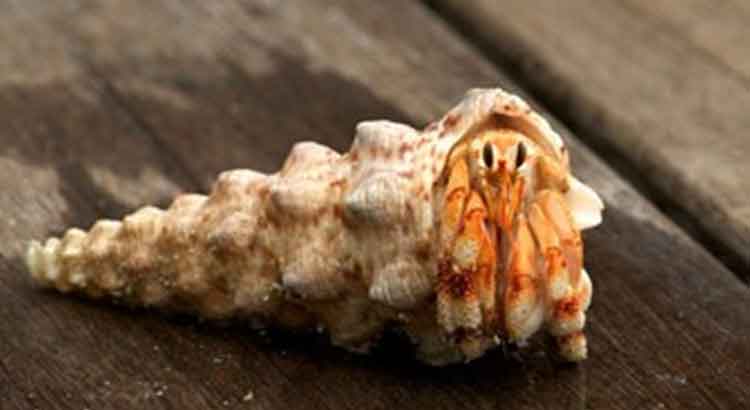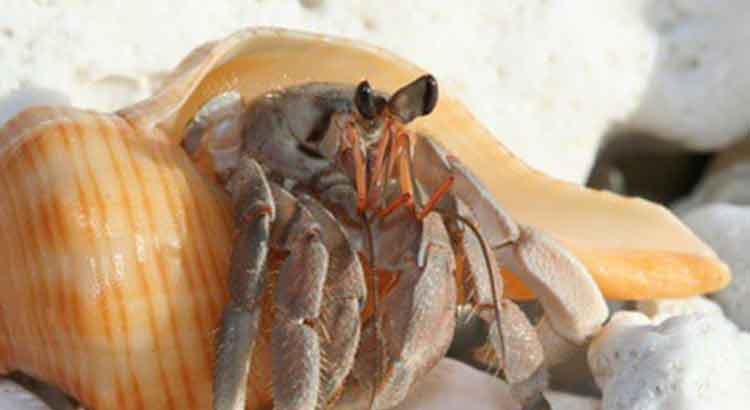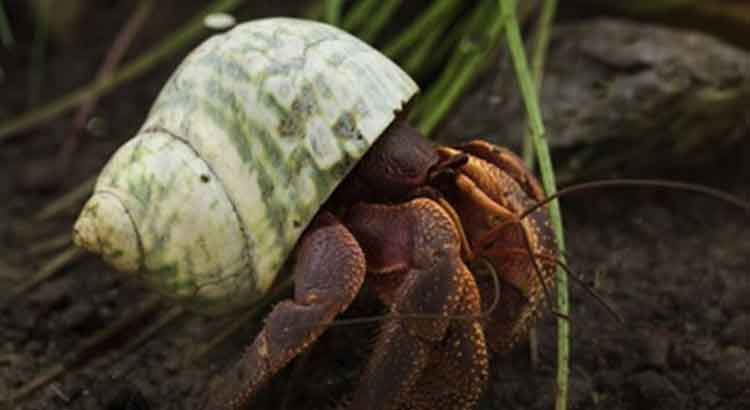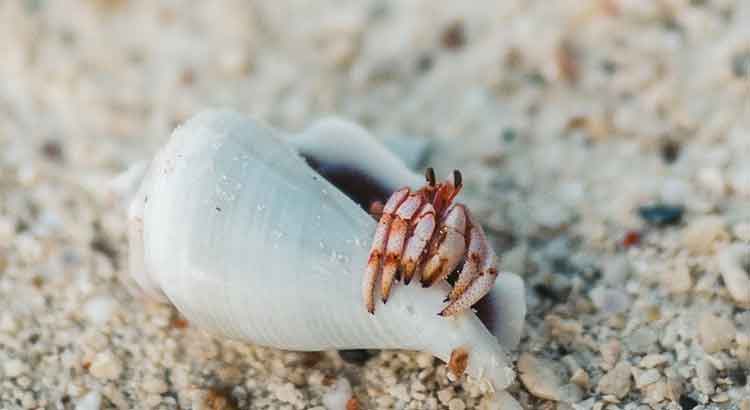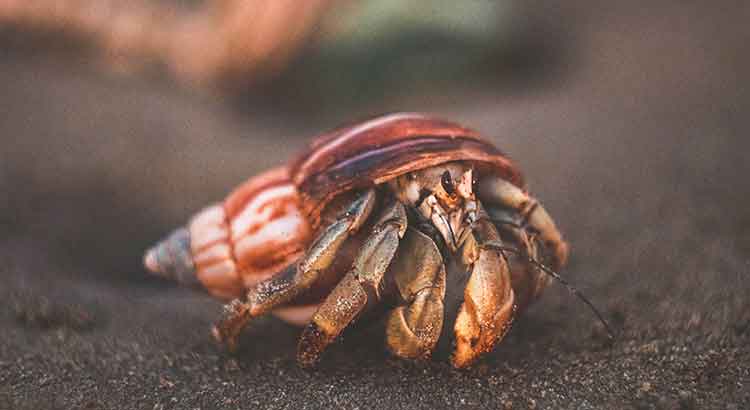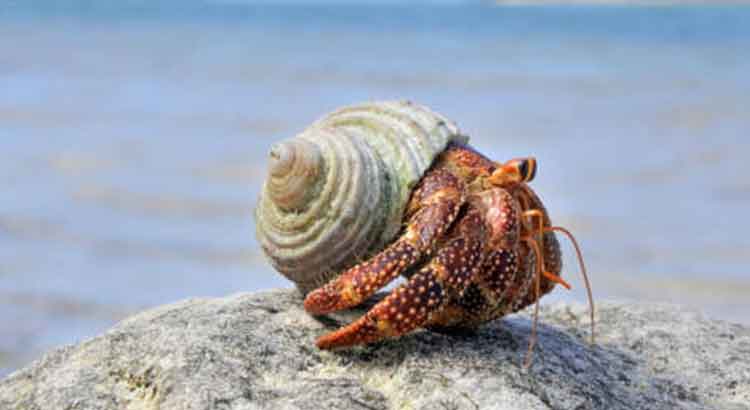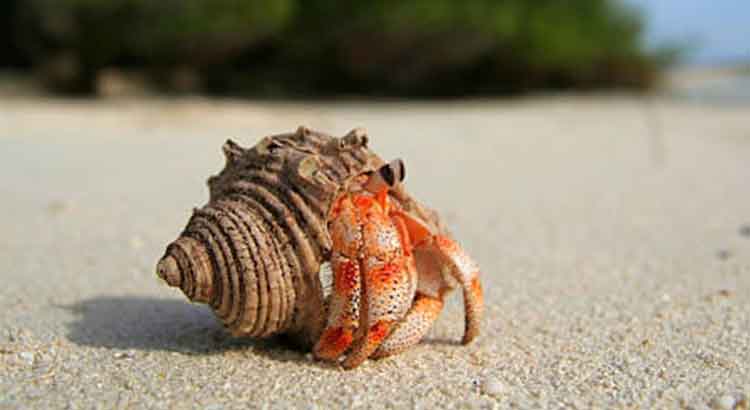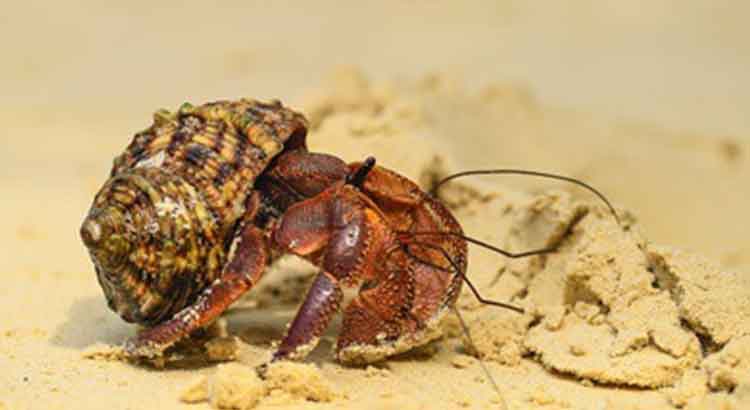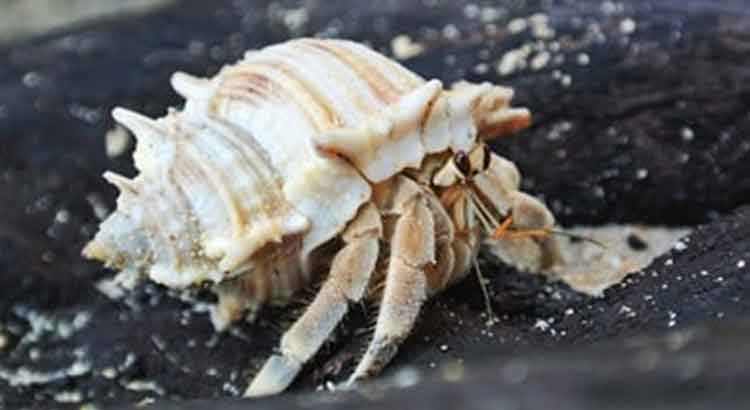How Hermit Crabs Defend Themselves From Predators
Hermit crabs may seem small and unassuming, but they have a remarkable defense strategy against predators. Understanding how these fascinating creatures protect themselves sheds light on their survival skills in the vast ocean ecosystem. Hermit crabs utilize a clever tactic to defend against predators—they seek refuge in discarded shells. By inhabiting these shells, they create … Read more

